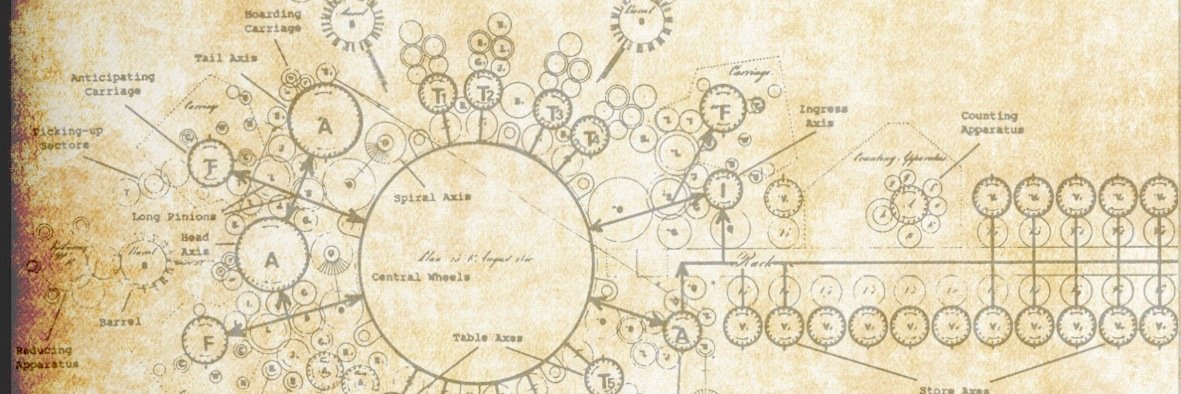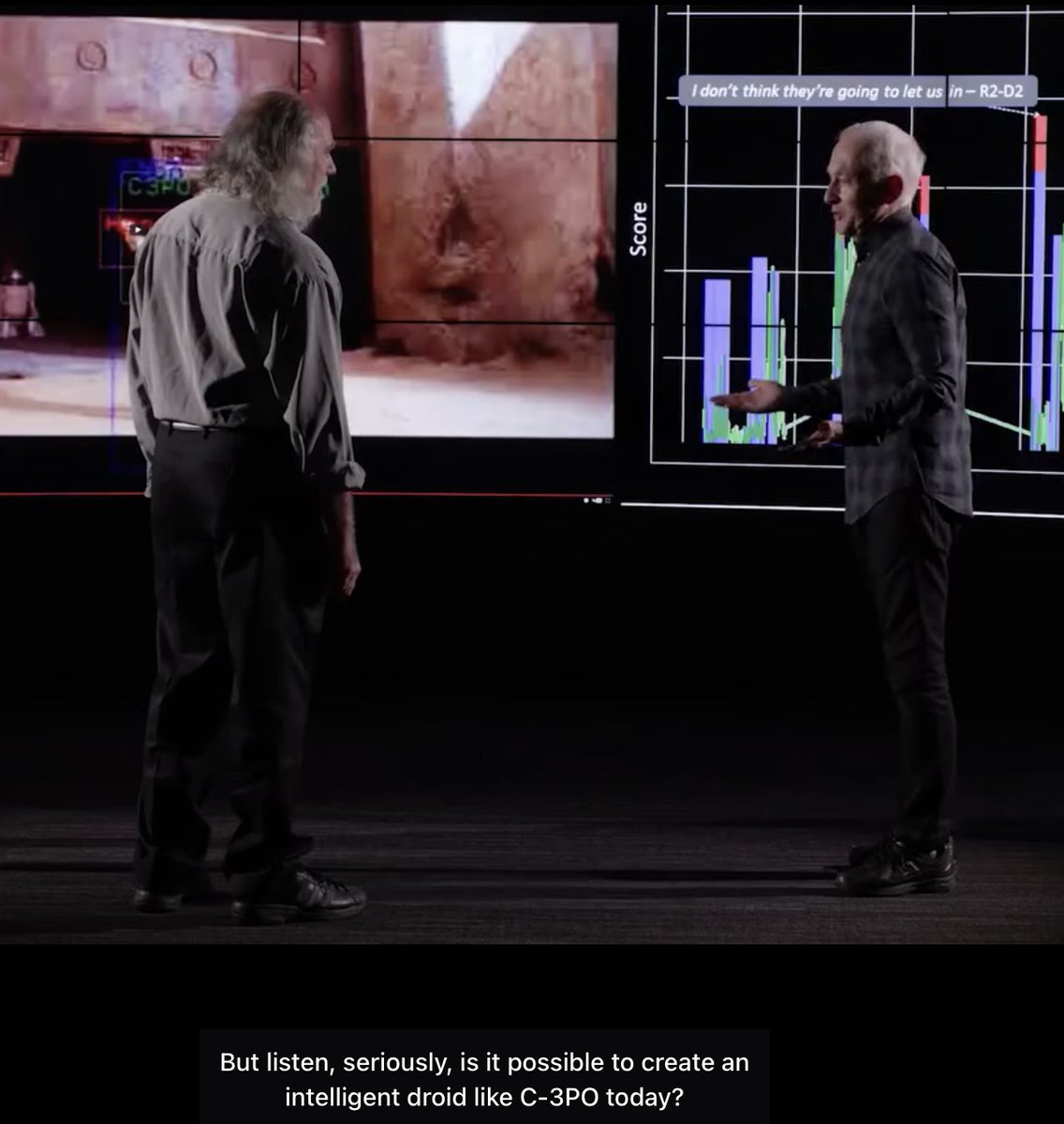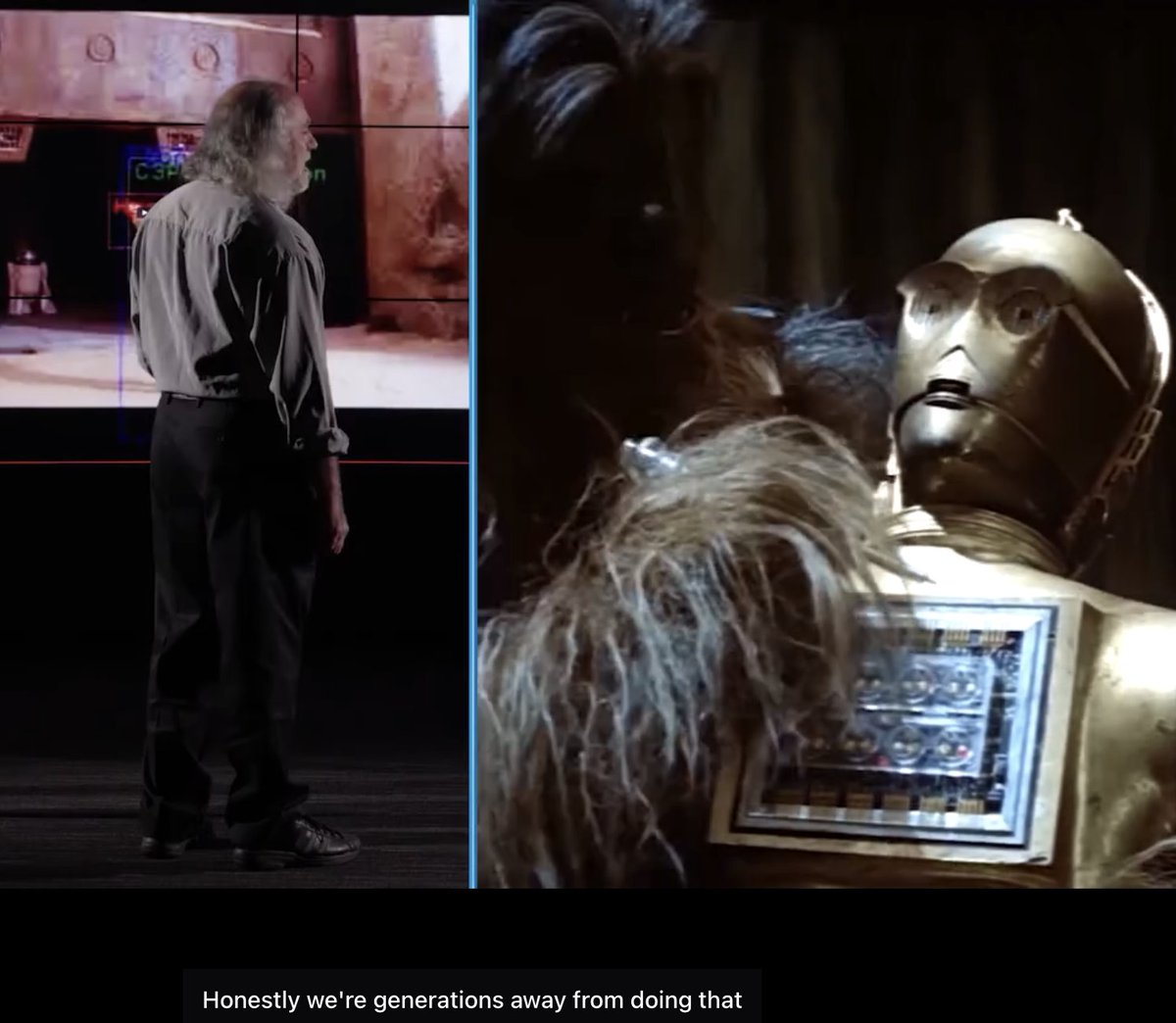
Grady Booch
@Grady_Booch
scientist, storyteller, philosopher
The story of computing is the story of humanity: this is a story of ambition, invention, creativity, vision, avarice, power, and serendipity, powered by a refusal to accept the limits of our bodies and our minds.

Brava, Nzisa!
Humble brag…They won’t believe a little girl from Kenya built the orchestration engine for this, but I did!
Adapting the words from Carl Sagan, 'We live in a society exquisitely dependent on computing, in which hardly anyone knows anything about computing.'
A few years ago, I did a thing with @ADaniels3PO. What I said then I still stand by today.


My p(doom) remains asymptotically approaching zero. That notwithstanding, there exist clear and present dangers associated with contemporary large language models, dangers that are irredeemable consequences of their architecture. As professionals in the field and a society is a…
Personal Update: My p(doom) has gone up. I don’t foresee machines with malice any time soon. But I am starting to see the harm that powerful yet reckless humans who are indifferent to humanity could cause.
Sentience is an exquisite consequence of the laws of physics, and the embodied mind of organisms shaped by millions of years of evolution is the remarkable product of a billions upon billions of failed experiments and dead ends and strange loops. It is a mark of profound hubris…
Sentience is an exquisite yet rare consequence of the laws of physics. Across the fullness of time, it is only in the past two or three generations that computers were no longer just human; now they have woven themselves into the interstitial spaces of civilization, serving to…
Evolution has shaped minds for the physical world and all of its complexity, ambiguity, contradiction, noise, and indifference to our presence. We are embodied creatures, in and of the world, and our continuing presence is a testament to the evolutionary value of sentience.…
Art is the tangible expression of the subjective experience of the artist, serving to connect with its observers in a manner that engenders an emotional, intellectual, or experiential response. The artifacts of art may take on any conceivable static and dynamic form that engages…
Science is the pursuit of understanding through observation, experimentation, and theory-building while faith is an encounter with the ineffable; both seek to explain the cosmos, although in radically different ways. Computing is firmly grounded in science, but its beginnings…
Science is a way for us to understand the cosmos, from the vastness of space and time to the strange behavior of subatomic particles, across the forces that give rise to the exquisite dance between order and chaos, and even to the complex mechanisms of life itself, life that…
A nation is a special kind of community, one defined by physical boundaries, a common history, a shared identity, and an evolving culture. The role of a nation is to preserve and defend its sovereignty, be good stewards of its resources, and attend to the needs of its citizens so…
Individuals seek to see and be seen, hear and be heard, know and be known, love and to be loved. To that end, we bind ourselves to communities established by birth, proximity, interests, and values, so as to meet our innate needs for safety, companionship, intimacy, meaning, and…
Mythology is filled with stories of machines that served as companions, as helpmates, as servants, as gods. Now, we build them from sand and animate them with lightning. Our bodies may die, but the digital dietrius we create in our lifetime lives on. As we slowly, inevitably, and…
When an individual, a community, or a nation offers a service or product that another needs or wants and cannot or does not want to make themselves, trade emerges, and in so doing contributes to the formation of complex economic, social, and political connections that in turn…
Computing and warfare have evolved in concert, each profoundly influencing the other. During World War II, computing was a companion to war. Amid the rise of the Cold War, computing became an instrument of war. Now, in our time, computing has become a theater of war. In the…

